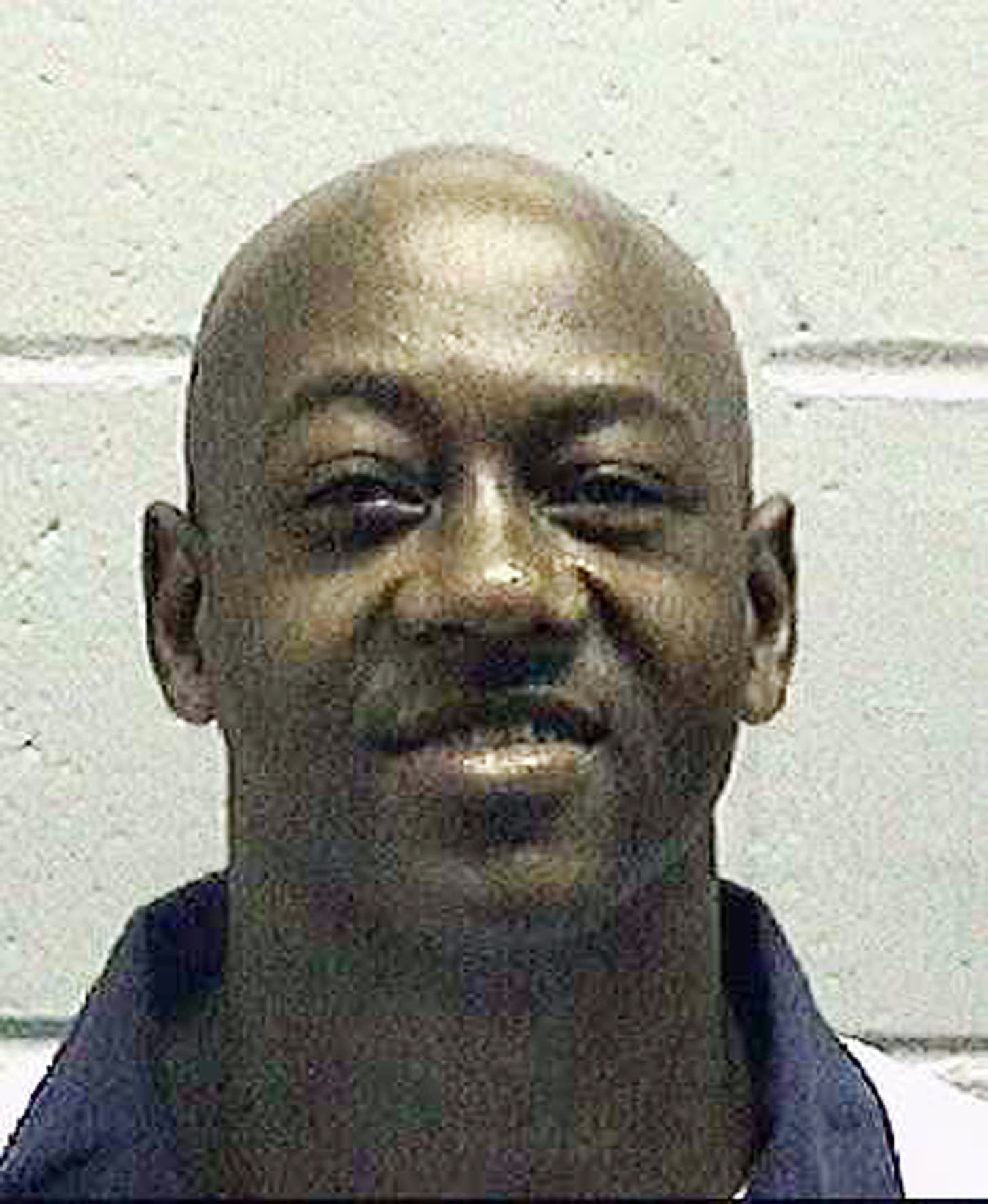The Supreme Court ruled that prosecutors in Georgia violated the Constitution by striking every black prospective juror in a death penalty case against a black defendant. The vote was 7 to 1, with Justice Clarence Thomas dissenting.
Almost three decades after Timothy Tyrone Foster was convicted as a teenager, his lawyers were able to obtain prosecutor notes through a public records request. Those notes showed the names of black prospective jurors marked with a B and highlighted in green. Prosecutors circled the word “black” where potential jurors had noted their race on questionnaires, and ranked the black prospective jurors in case “it comes down to having to pick one of the black jurors,” as the prosecution’s investigator put it in a draft affidavit at the time. In the end, prosecutors struck all four black potential jurors.
The case highlights the flaws in the process for removing prospective jurors. While the notes confirm intentional racial bias in the case, the reasons presented to the judge were racially neutral and easily accepted. Statistics show that prosecutors regularly use their peremptory challenges to remove black jurors, who tend to be more skeptical of law enforcement. While Foster will likely get a new trial, the ruling does not impose any reforms to the system as a whole. This leaves the bar extremely high for those seeking to challenge racial bias in jury selection, but shows once again how arbitrary, capricious, and racially discriminatory the application of the death penalty is.
Read an OpEd by Foster’s attorney on the flawed jury selection process here.
New York Times covers the decision here.



